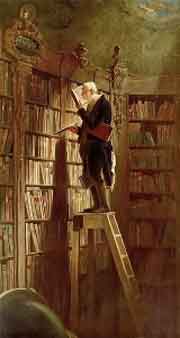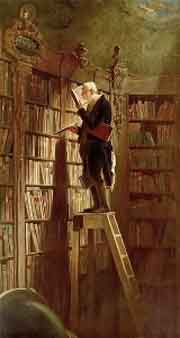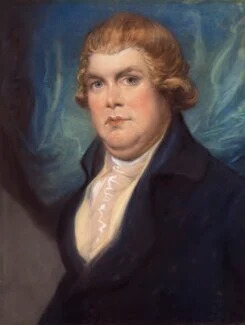
Dr. Thomas I. M. Forster, “Biographical Anedotes-Benjamin Forster,” in Letters of the Forster Family, quoted in Illustrations of the Literary History of the Eighteenth Century Consisting of Authentic Memoirs and Original Letters of Eminent Persons 「Google Books」, vol. 8 , by John Bowyer Nicholos (London, 1858) 554-556.
At Bosconnoc parsonage, in one of the deep, fresh, and green vallies of Cornwall, inclosed among well-wooded hills, lived my great-uncle Benjamin Forster.…Among his strongest propensities was his love for animals; and he was surrounded by numerous favourites.…His three horses—Loski, an active dark brown; Smiler, a large useful grey; and an old white horse called Tidy Ocean—were taken more care of than most people take of their children. In the tanks and tubs of water about the grounds were tame fish; and, nobody being allowed to annoy the birds with a gun, these vernal songsters filled the woods and groves with delicious melody. Some of my happiest days were passed there.
My uncle both conversed and preached against the sin of cruelty to animals; this was his forte; and the pointed wit with which he used to satirise the superstition and bigotry of his contemporaries, particularly the members of his cloth, was compensated by his extreme good humour, graceful manners, and the utter absence of ill-will to anybody. Many a time, when I have come home after a long ride from Polperro or Lanhivit, the question asked was, not whether I or the ladies were tired, but whether I thought they had tired their horse. My uncle had a prodigious distaste to farms and country habits; and explained this by saying, that animal on farms were not kept for their own sakes, but to be slaughtered and eaten. He liked to see the gallant chanticleer strut to the barn door and crow at daybreak as well as anybody could do; but in farms the murderous hands of the dairymaid were associated with the idea of poultry; and he hated the very grunt of a farm pig, and the lowing of the farm cattle, as much as he did the bleating wattled flock of sheep at nightfall, because he could not get rid of the notion that they were in a false position, and that we were in a worse, who had not right to keep them for our eating.
The good rector died December 2, 1805; and in his will his animals were provided for. (554-556)



